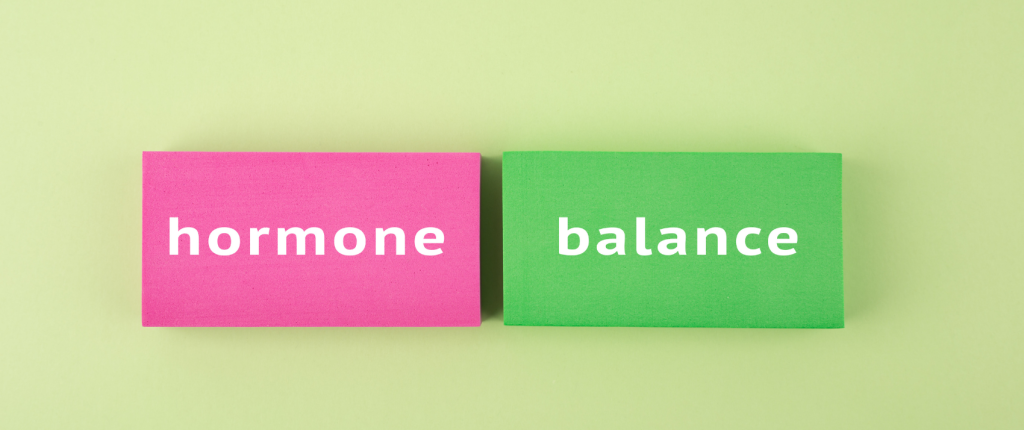Resistance training, often associated with building strength and muscle mass, has profound effects on the body’s hormonal balance. These effects are crucial for understanding how both men and women respond to strength training, optimise performance, and achieve fitness goals. Hormones play a pivotal role in regulating the body’s physiological responses to exercise, influencing muscle growth, fat metabolism, energy levels, and recovery. However, the hormonal responses to resistance training differ between men and women, shaped by differences in baseline hormone levels and the body’s response to exercise-induced stress.
Table of Contents

Key Hormones in Resistance Training
- Testosterone
- Men: Testosterone is the primary anabolic (muscle-building) hormone in men, and its levels significantly influence the gains seen from resistance training. Men typically have 15-20 times higher baseline levels of testosterone compared to women. During resistance training, men experience a temporary spike in testosterone levels, which enhances muscle protein synthesis, contributing to muscle growth and strength.
- Women: Although women have much lower levels of testosterone, it still plays a crucial role in muscle development. Women experience a smaller increase in testosterone levels post-training. However, this rise is sufficient to contribute to muscle adaptation and strength gains, albeit at a slower pace than men.
- Growth Hormone (GH)
- Men: GH is essential for muscle repair, fat metabolism, and overall muscle growth. In men, GH levels increase in response to resistance training, particularly with higher volumes and intensity. GH works synergistically with testosterone to promote muscle growth and recovery.
- Women: Women tend to have higher baseline levels of growth hormone compared to men. Resistance training, especially high-intensity exercises, can significantly elevate GH levels in women, which helps in muscle development and fat metabolism. This elevated GH response in women may compensate, to some extent, for the lower testosterone levels.
- Cortisol
- Men: Cortisol is a catabolic hormone released in response to stress, including the physical stress of resistance training. While it is often viewed negatively due to its role in muscle breakdown, cortisol is also essential for energy regulation and inflammation control. In men, intense resistance training can lead to significant increases in cortisol levels, which, if not managed, can hinder muscle growth by promoting muscle protein breakdown.
- Women: Women generally experience a higher cortisol response to resistance training than men. This response may be influenced by the menstrual cycle, stress levels, and nutrition. Chronic elevation of cortisol can lead to muscle loss and fat gain, so managing cortisol through adequate recovery, nutrition, and stress management is crucial, especially for women.
- Insulin-like Growth Factor 1 (IGF-1)
- Men: IGF-1 is another anabolic hormone that plays a key role in muscle repair and growth. It works closely with GH and testosterone to enhance muscle protein synthesis. Resistance training increases IGF-1 levels in men, contributing to muscle hypertrophy and strength gains.
- Women: Women also experience increases in IGF-1 levels following resistance training, though the response may be less pronounced compared to men. However, the combination of IGF-1, GH, and other growth factors still supports muscle development and recovery in women.

Hormonal Balance and Training Considerations
Understanding these hormonal differences is crucial for designing effective resistance training programs for both men and women:
- Training Volume and Intensity: Men may benefit from higher intensity and volume to maximize testosterone and GH responses, while women may need to focus on moderate to high volume with sufficient recovery to manage cortisol levels effectively and take advantage of GH elevation.
- Recovery and Nutrition: Both men and women need to prioritize recovery to manage cortisol levels and support hormonal balance. Adequate protein intake, healthy fats, and carbohydrates are essential to fuel workouts, support recovery, and maintain hormonal health.
- Gender-Specific Considerations: Women may experience hormonal fluctuations due to the menstrual cycle, which can affect energy levels, strength, and recovery. Tailoring the intensity and type of exercises around these fluctuations can help optimize performance and results.

Conclusion
While both men and women benefit from resistance training, the hormonal responses differ due to inherent physiological differences. Understanding these differences allows for more personalized training approaches, optimizing the balance of hormones for improved performance, muscle growth, and overall health. By acknowledging these hormonal nuances, both men and women can effectively harness the power of resistance training to achieve their fitness goals.
Disclaimer – Healthi and its associates offer health and fitness information and is designed for educational and entertainment purposes only. You should consult your physician or general practitioner before beginning a new fitness program. You should not rely on this information as a substitute for, nor does it replace, professional medical advice, diagnosis, or treatment. If you have any questions or concerns about your health, you should always consult with a physician, general practitioner, or other qualified healthcare professional. Do not disregard, avoid or delay obtaining medical or health-related advice from your healthcare professional because of something you may have read in our publications or lectures. The use of information provided through the urban wellness service is solely at your own risk and is not medical or healthcare advice.






